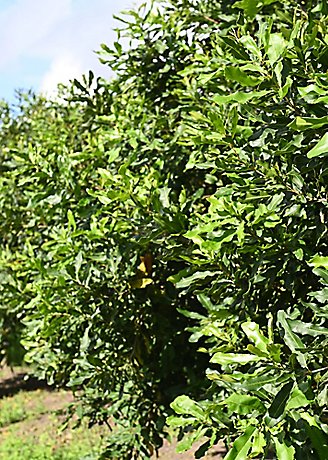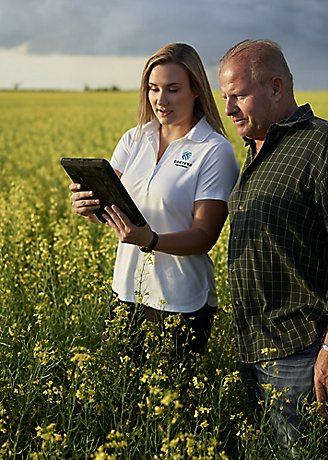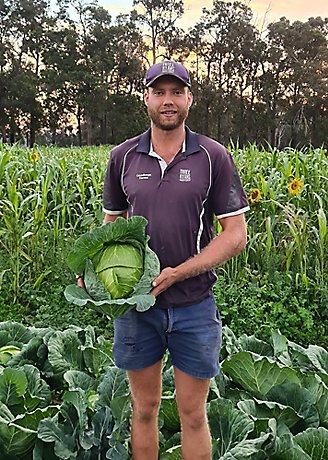He said through holistic management they consider the ecological, economic and social outcomes of the decisions that are made.
“You make a decision not just based on finances, or not just based on ecology, or not just based on social but weighing up all those three factors.”
He said part of the path forward was a soil carbon project to record their carbon baseline which has been a massive undertaking on the property.
“I see it as an investment, rather than a cost because that's going to put us in a position in the future.
The soil carbon project will help them put a line in the sand and provide data for that space.
They are also using the RCS network with a profit probe to look at the financials and Australian Holistic Management Centre for an ecological perspective.
“Those three programmes are all third party, independent verified ways to help us manage our business,” Mr Gooden said. “That gives us good information about how the business is tracking.”
“I think if we embrace some of these techniques on a wider scale, we could actually really alter the climate in a positive way.”
“In agriculture, we need to be not just thinking about the next crop cycle or the next five years. We need to be thinking 10, 20, 30, 100, 1000 years if we're really serious about what's going on.
“We see ourselves as a blip on the radar managing this land for a very short period of time, and we're very lucky that we've got the opportunity to do that.
I just want to make the most of the opportunity that I've got. The cliche of leave the land in a better position when we finish, than when we started - and if every generation does that, well it's pretty cool."
Mr Gooden was recently recognised in the Corteva Agriscience Climate Positive Leaders program which is an international initiative to share experiences and accelerate the adoption of climate positive practices.
“It's great that a company like Corteva is interested in looking into it, rather than having their blinkers on and saying let's not worry about that,” he said.
“Looking at how they can make the world a better place by using better products that are going to meet those environmental, social and economic outcomes.”



